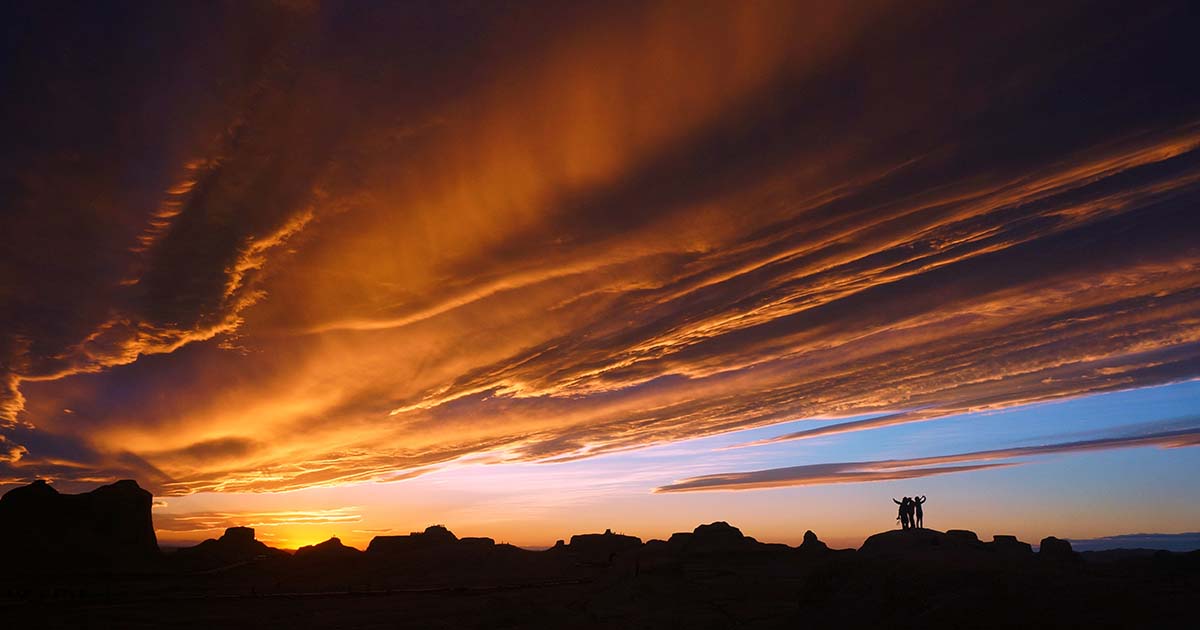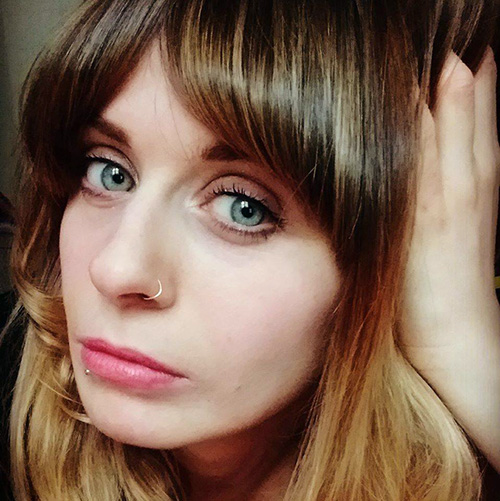ROAR
★ ★ ★ ★
TOWARDS A FEMINIST FUTURE

By Lorna O’Hara
Feminism is experiencing a clear resurgence in popularity. In fact, a friend of mine recently told me that H&M is even selling t-shirts that say “Feminist” on them. You can look on the bright side and think that maybe that’s a good thing and that women are finally getting over the stigma that has surrounded the “F” word for so long, or you can cringe at the commodification of feminism, a school of thought that, when it’s done right, consistently critiques capitalism.
But something is definitely happening. In fact, some claim that we’re in a “fourth wave” of feminism, one which aims to put into practice the inclusivity and intersectionality proposed in the third wave and which distinguishes itself by the use of new technologies, particularly the internet and social media. While these new tools have provided women with innovative ways of connecting and showing solidarity with each other across physical boundaries and have opened up new spaces in which we can talk openly about the challenges of being a woman and effect political change, they’ve also come with challenges. Social media platforms such as Facebook have modified their algorithms so that our newsfeeds are pretty much echo chambers where we just talk to those who we already agree with and are fed only the information and articles that interest us or affirm our already well-held beliefs. Not only that, but Facebook is still riddled with disturbing sexist and racist hate groups, which despite being reported, are often still allowed to stay active. It’s no surprise that this is the case when you see that most of those working in leadership positions at Facebook are white men. According to Facebook’s own figures released in 2015, men made up 68% of all employees, 77% of those in senior leadership and 85% of those working in technology. Now, that’s not to say that all these men are sympathetic to these groups, but rather that their privilege protects them from feeling genuinely under threat or attacked by their existence, and perhaps this is why removing these platforms of hate would appear to have slipped down on their list of priorities.
And when we do manage to speak outside of our own circles on the internet, women are often on the receiving end of harassment, abuse and even death threats. Just as in any public space, there are men that will try anything to silence women. A recent survey carried out by digital security firm Norton found that nearly half of the 1,000 respondents had experienced some form of abuse or harassment online. Among women under 30, the incidence was 76%. And then there are the darker parts of the internet, for example the 40,000 strong “Incel” (involuntarily celibate) “support group” on Reddit, in which men discussed how much they hate women for “withholding” sex from them. This forum was recently shut down because it was basically a cesspool of hate speech where members often condoned rape and wrote such colourfully titled posts such as “All Women are Sluts”. The existence of such unbridled misogyny is truly a worrying barometer of how much hate there is out there for women.
People like to dismiss such groups as the lunatic fringe, or dismiss online harassment as harmless because, after all, it’s “just the internet”. People like to think of the internet as somehow outside of “real life”, when the reality is that it’s an essential part of it, becoming ever more ingrained into our everyday lives and psyches. Harassment online is harassment and it mirrors the everyday harassment of women offline. While the current revelations about widespread sexual abuse and harassment against women and LGBTQ folk in the film industry may be shocking to some, it isn’t shocking to me, or to many women I know. Actors and comedians who, like wolves in sheep’s clothing, even made themselves out to be feminists themselves, have been exposed as abusers and harassers. It’s truly baffling, and yet sadly not surprising at all. One wonders how these men have been so oblivious to their own behaviour, claiming in some cases not to even remember the incidents themselves. Why is that? Is it because being an abuser is so natural to them, that they don’t even register these events as noteworthy? Are they so ignorant about relationships with others that they don’t know what sexual harassment or abuse is? Do they really not know what consent means? Or is it because they don’t fit the bill of the typical villain, you know, they weren’t wearing a cape and cackling wildly as they carried out the deeds, so how could they have done something wrong? How could they be the bad guy?
Sometimes it’s genuinely hard to even imagine a future where women are treated equally and can feel safe, especially when we consider how common sexual harassment is. A Cornell University study carried out in 2014 in collaboration with Hollaback!, an anti-harassment NGO, shows that 81.5% of European women have been harassed in one shape or form by the age of 17. 64% of Irish women reported being groped or fondled in 2014 alone, while 80% of German women admitted taking another route to their home or another destination because of the fear of being harassed. I would argue that every woman has experienced some form of sexual harassment. And yet so many well-meaning men that I know express shock when I discuss how common these experiences are. So many men we know and love appear to be utterly blind to the behaviour of other men, some of whom they must know. It’s an everyday reality for women, but it shouldn’t be, and yet ironically some men are now claiming it’s a “dangerous time to be a man”—well welcome to the club, lads. They whine and throw their toys out of the pram, dubbing this wave of harassment allegations in Hollywood as “a witch hunt”. I couldn’t disagree more. After all, calling it a witch hunt would imply that these men are innocent and being wrongly accused, and in my opinion, it’s an offense to witches everywhere to be lumped in with these cretins.
I’m glad they’re being exposed and I’m glad their victims are finding strength in numbers and coming forward. If we treat these incidents in Hollywood as a microcosm of the system in which we live, then I hope that it sets a new precedent where victims, famous or not, feel they can come forward and out their harassers. The #metoo social media campaign, which grew out of the news about Harvey Weinstein sexually assaulting numerous women, sparked an online conversation about how widespread and common harassment and abuse is for women. Scrolling through my newsfeed I wasn’t even remotely shocked, rather I was more surprised at the sheer volume of women who actually openly engaged in the conversation, women who in the past would have maybe even made fun of me for being a feminist, and that to me, was some progress. It gives us a gleam of hope that people feel like they can now come forward and talk about what happened to them, recognise it as a systematic problem and be listened to.
Contrary to what some men may think, a feminist future is not some sort of dystopian one where all men should be afraid, but one where all men are aware of their sexist blind-spots, where harassers and abusers face the consequences for their actions, and where all women feel safe both in the private and public realms because they’re finally treated as equals.

Lorna O’Hara is a doctoral student and feminist activist currently living between Berlin and Dublin. Her writing and research focuses on feminist activism and art, in particular similarities/differences between international feminist groups and artistic projects that have a focus on increasing awareness about/changing violence against women and the control of women’s bodies.

DEAR READER
At The Wild Word we are proud to present some of the best online writing around, as well as being a platform for new and emerging writers and artists.
If you have read the work in The Wild Word and like what we do, please put something in our tip jar.
THANK YOU FOR YOUR SUPPORT!























